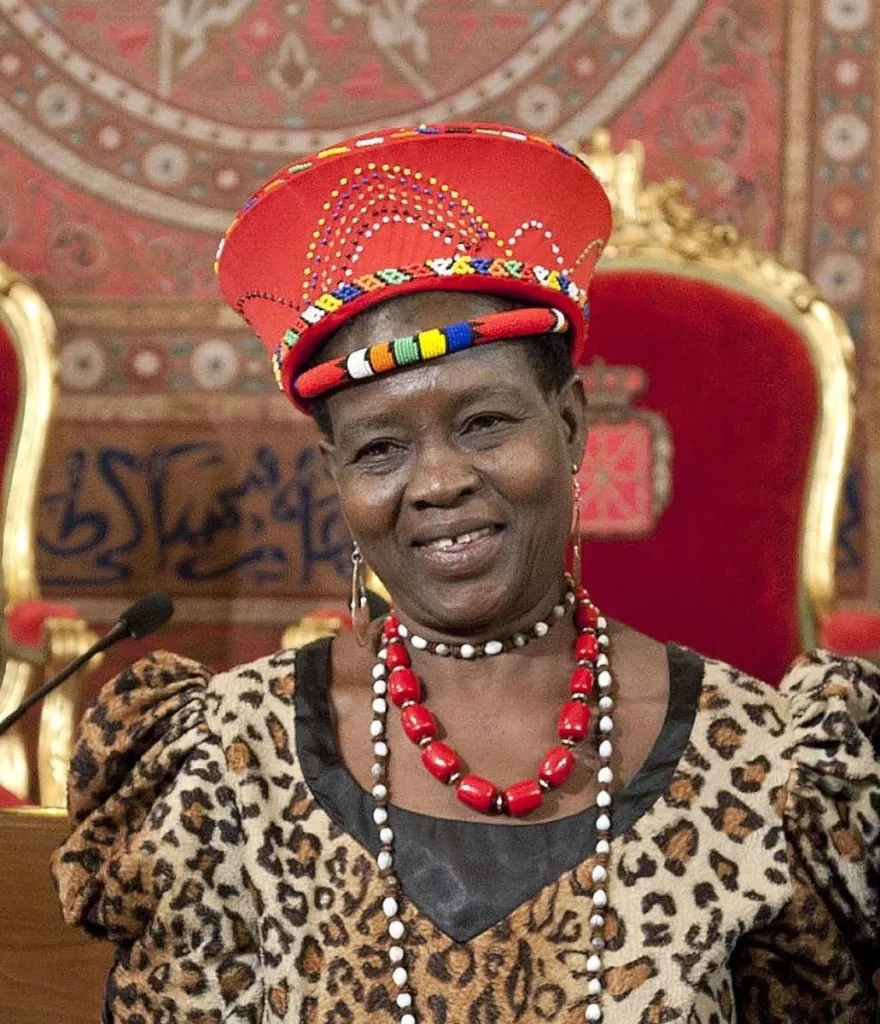
Virginia “Ginger” Hislop, at the age of 105, recently achieved a significant milestone by receiving her master’s degree in education from Stanford University, 83 years after she first began her studies at what is now the Stanford Graduate School of Education.
Hislop initially earned her bachelor’s degree from the Stanford University School of Education in 1940. Her pursuit of a master’s degree was interrupted when her boyfriend, George Hislop, was called to serve in World War II. The couple married, and Hislop left campus just before completing her final thesis for her master’s degree.
Reflecting on her decision, Hislop remarked in a Stanford news release, “I thought it was one of the things I could pick up along the way if I needed it and I always enjoyed studying, so that wasn’t really a great concern to me — and getting married was.”
Despite the interruption in her formal education, Hislop remained deeply involved in the field of education throughout her life. She served on her local school board, chaired the Yakima School Board of Directors, played a foundational role in establishing Yakima Community College as a founding board member, and contributed significantly to the establishment of Heritage University in Toppenish, Washington, where she served on the board for 20 years.
After an extraordinary journey spanning decades of service to education, Hislop returned to Stanford University to finally accept her master’s degree. She walked across the stage at the GSE Diploma ceremony where Dean Daniel Schwartz presented her with her diploma.
“I’ve been doing this work for years and it’s nice to be recognized with this degree,” Hislop shared. Her joy and sense of accomplishment were evident as she received her diploma, exclaiming, “My goodness, I’ve waited a long time for this.”
Hislop’s remarkable story serves as a testament to the enduring pursuit of knowledge and the fulfilment of lifelong ambitions, regardless of age or circumstance.


















